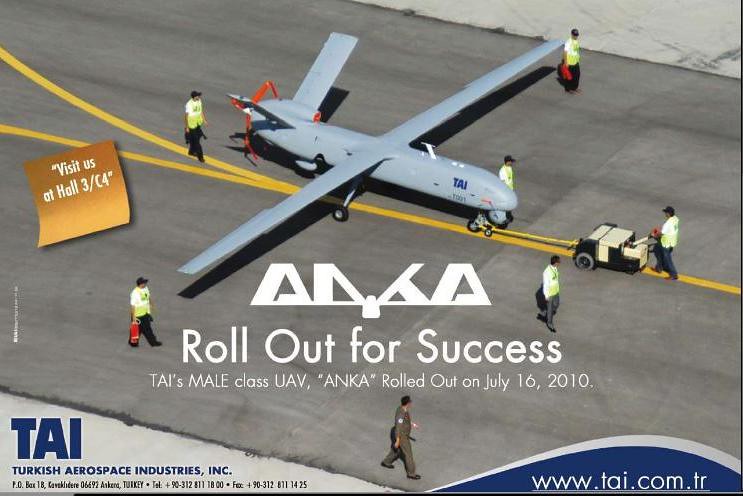US RULES OUT NEW DRONE WAR IRAQ
For weeks, Iraqi officials have been publicly floating the idea of using American drones to hit the increasingly lethal al-Qaeda-affiliated militants on their soil. But the ordinarily drone-friendly Obama administration is apparently in no mood to open up a new front in global campaign of unmanned attacks. An administration official tells The Cable that American drone strikes in Iraq are now off the table.
Though neither Iraqi nor U.S. officials will say who called off the drones, it's no secret who began discussing them in the first place. In an August 17 trip to Washington, Iraqi Foreign Minister Hoshyar Zebari told reporters that Baghdad is seeking U.S. advisers, air surveillance or drone strikes to combat al-Qaeda's grip on the country. "We cannot fight these increasing terrorist" threats alone, he said. Speaking of drone strikes specifically, he said as long as they were used to "target al-Qaeda and their bases," without "collateral damage," Iraqis would welcome them.
That same month, Iraqi ambassador to the U.S. Iraq Lukman Faily reiterated Iraq's interest in drones. "The reason we're now considering drone support is because we need to get better control of the sky so we can track and destroy al-Qaeda camps in the country," Faily told The Cable.
It's not hard to understand why they'd be interested in the unmanned aircraft. On Monday, the detonation of 15 car bombs in Baghdad left dozens dead in an event that would've shocked any other country not embroiled in a civil war. However, in Iraq, it was only the 38th such atrocity in the last 12 months. In 2013 alone, Iraq is averaging 68 car bombings a month. The United Nations reports that 5,740 civilians were killed since January, which is almost two times more deaths than recorded in all of 2010.
Despite the staggering numbers, the U.S. isn't about to open up a new drone war in Iraq. An administration official tells The Cable the use of lethal drones has not been discussed nor is it even under consideration for Iraq.
Publicly, U.S. officials say they stand behind the Iraqi government in its struggle to combat a growing wave of al-Qaeda attacks in the country.
"We consider the Government of Iraq an essential partner in a common fight against al-Qaeda," National Security Council spokesperson Bernadette Mehan told The Cable. "We have an ongoing dialogue to explore possible ways of expanding cooperation and help facilitate Iraq's capacity to degrade and defeat the al-Qaeda network operating inside Iraq. Beyond that, I am not going to discuss details of diplomatic discussions."
But experts on Iraqi counterterrorism say there are any number of reasons why the U.S. might be reluctant to engage.
"The administration got us out of Iraq, which is seen as an accomplishment for the administration. So any ramping up of activity back in Iraq would go against that success," Joseph Quinn, an instructor at West Point's Combating Terrorism Center, told The Cable. "They might also be weary of what in the military we call ‘mission creep.' It starts with drones, but where does it end?"
There are legal considerations, too. "There's a pretty rigorous legal process that's behind the determination of who's a viable target and who's not," said Sam Brannen, a senior fellow at the Center for Strategic and International Studies. "They don't strike targets without there being a pretty strong intelligence understanding that the target is a direct threat to the United States. In this case, clearly they're a threat to Iraq, but not necessarily to the United States."
Faily, speaking with The Cable today, declined to say if the Iraqis ever made a request for drones in the first place, but he did say they would continue asking for more assistance for the U.S.
"As for the support we are getting, is it to the urgency to the level that we need? No," he said. "That's an area that we have highlighted clearly and other officials have highlighted."
Still, he said the U.S has been supportive in many ways, including on surveillance of terrorists. "We are getting positive messages from the U.S. that they are more than happy to work with us in addressing the urgency on the ground primarily in the Western desert, and to that effect, there is cooperation taking place, including surveillance," he said.




